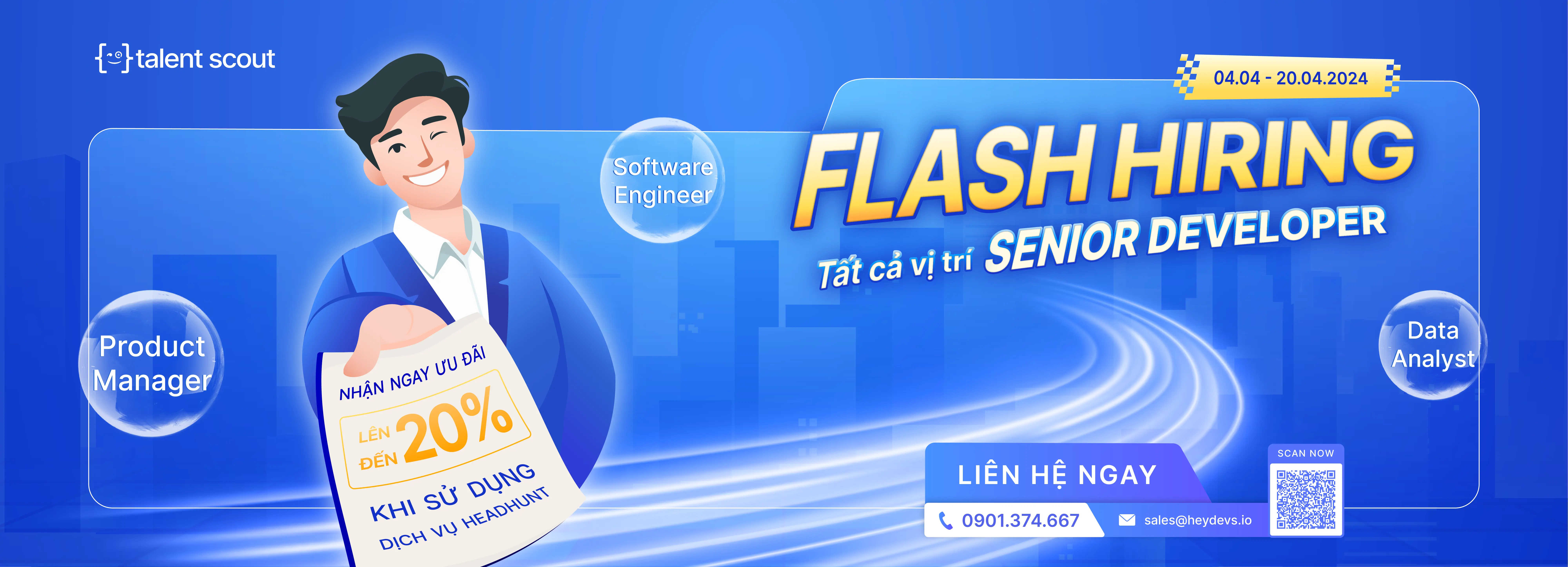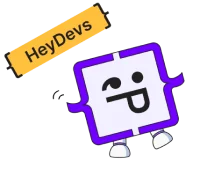
Hot News in Technologies, Software Development and Innovation in July-August 2023
The months of July and August 2023 were full of remarkable and inspiring news in the field of technologies, software development and innovation. From new devices and algorithms to novel discoveries and applications, here are some of the stories that made headlines and captured our attention.
The Future of Vision: Scientists Develop Flexible Cornea-Thin Battery Charged by Saline Solution

Imagine wearing smart contact lenses that could monitor your health, display information, or enhance your vision. This futuristic scenario could become a reality thanks to a new flexible battery developed by researchers at Nanyang Technological University in Singapore 1. The battery is as thin as a human cornea and can store electricity when immersed in saline solution. The battery is made of graphene oxide, a material that is biocompatible, transparent, and highly conductive. The researchers demonstrated that the battery can power an LED light for about 10 minutes after being soaked in saline solution for two hours. The battery can also be recharged by applying a voltage to the saline solution.
1000 Times Faster Processing: Innovative Detector for Large-Scale Optical Neural Networks
A team of researchers from the University of California, Berkeley, and the University of Colorado Boulder have created a new device that can detect optical signals with unprecedented speed and sensitivity 2. The device, called a photonic time-stretch detector, can process data at a rate of 55 terabits per second, which is about 1000 times faster than conventional electronic detectors. The device could enable large-scale optical neural networks, which use light to perform complex computations with high efficiency and low power consumption. Optical neural networks could have applications in artificial intelligence, machine learning, image processing, and more.
New Study: ChatGPT Outperforms University Students in Writing
A new study conducted by researchers from Stanford University and OpenAI has shown that ChatGPT, a natural language generation model based on GPT-3, can produce better-written texts than university students . The study involved 200 participants who were asked to write short texts on various topics, such as product reviews, movie summaries, or personal stories. The texts were then evaluated by human raters on aspects such as grammar, coherence, style, and creativity. The results showed that ChatGPT outperformed the students on average across all categories, except for creativity. The researchers attributed this to the fact that ChatGPT has access to a large corpus of text data from the internet, which gives it an advantage in terms of vocabulary, knowledge, and fluency.

Brighter and More Efficient Next-Gen LEDs: Stanford Breakthrough Comes at a Cost
Stanford University researchers have developed a new technique to make light-emitting diodes (LEDs) brighter and more efficient . The technique involves coating the LED with a thin layer of nanocrystals that act as optical antennas, enhancing the emission of light by up to six times. The nanocrystals also allow the LED to emit light in a narrow spectrum, which improves the color quality and reduces energy waste. However, the technique also comes with a trade-off: the nanocrystals reduce the lifetime of the LED by about 50%. The researchers are working on improving the durability of the nanocrystals while maintaining their optical properties.
“Truly Mind-Boggling” Breakthrough: Graphene Surprise Could Help Generate Hydrogen Cheaply and Sustainably
Scientists from Rice University have discovered a surprising property of graphene, a two-dimensional material made of carbon atoms arranged in a honeycomb lattice . They found that graphene can act as a catalyst for splitting water into hydrogen and oxygen when exposed to sunlight. This process, known as photocatalysis, could provide a cheap and sustainable way to produce hydrogen, which is a clean and renewable fuel. The scientists also found that graphene can enhance the performance of other photocatalysts, such as titanium dioxide, by transferring electrons to them. The discovery opens up new possibilities for using graphene in solar energy conversion and hydrogen production.
About HeyDevs
HeyDevs is a revolutionary new platform that empowers developers to take control of their careers, connect with other developers and find job opportunities that align with their goals and interests, without ever needing to apply for a single job! With HeyDevs, companies compete for you, not the other way around.
For developers, HeyDevs offers invaluable resources including our specialized swipe-to-work function, anonymous profile, and customizable search criteria, with the ability to connect and chat with prospective employers completely on-site.
For businesses, HeyDevs offers tools to maximize the recruitment process, saving time and money, with a talent pipeline that streamlines a majority of the hiring process directly on the platform, eliminating the need for recruiters or headhunters so the hiring process can be handled with HeyDevs as the only medium between employer and candidate, all powered by smart matching to ensure the most relevant matches are provided first. HeyDevs is a truly unbiased hiring platform, delivering a diverse pool of talent that hides information such as avatar, age, and gender, focusing solely on experience and skill, and paving the way for a more inclusive workplace.





